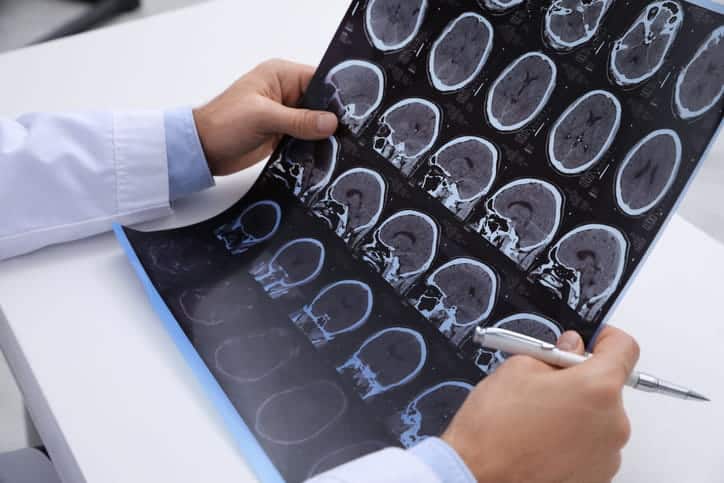Potential Long-Term Effects of a Brain Injury
Brain injuries range in severity but will often impact various aspects of an individual’s life both in the short term and long term. The long-term consequences of a TBI can be broken into three categories: physical, cognitive, emotional, and behavioral effects.
Physical Effects
Brain injuries can have a severe effect on an individual’s physical capabilities. Some of these effects can impact a person’s motor skills and ability to balance and perform everyday activities.
Other physical effects include chronic pain such as headaches or neck pain. In severe cases, victims may develop epileptic seizures.
Cognitive Effects
If a victim suffers cognitive consequences after a brain injury, they will deal with effects on their speech, communication, memory, and their ability to concentrate.
Emotional and Behavioral
Victims of a traumatic brain injury may also experience emotional and behavioral issues like mood swings, irritability, anxiety, and even post-traumatic stress disorder. Understanding triggers and how to manage these emotional and behavioral effects is critical to recovery.
How Can a Lawyer Help After a Brain Injury?
If you or a loved one has suffered a brain injury because of another driver’s negligence, an attorney can help you do the following:
- Build a robust case backed by evidence to prove your case
- Explain your legal options
- Determine damages
- Negotiate for a comprehensive settlement
- Represent you at trial


